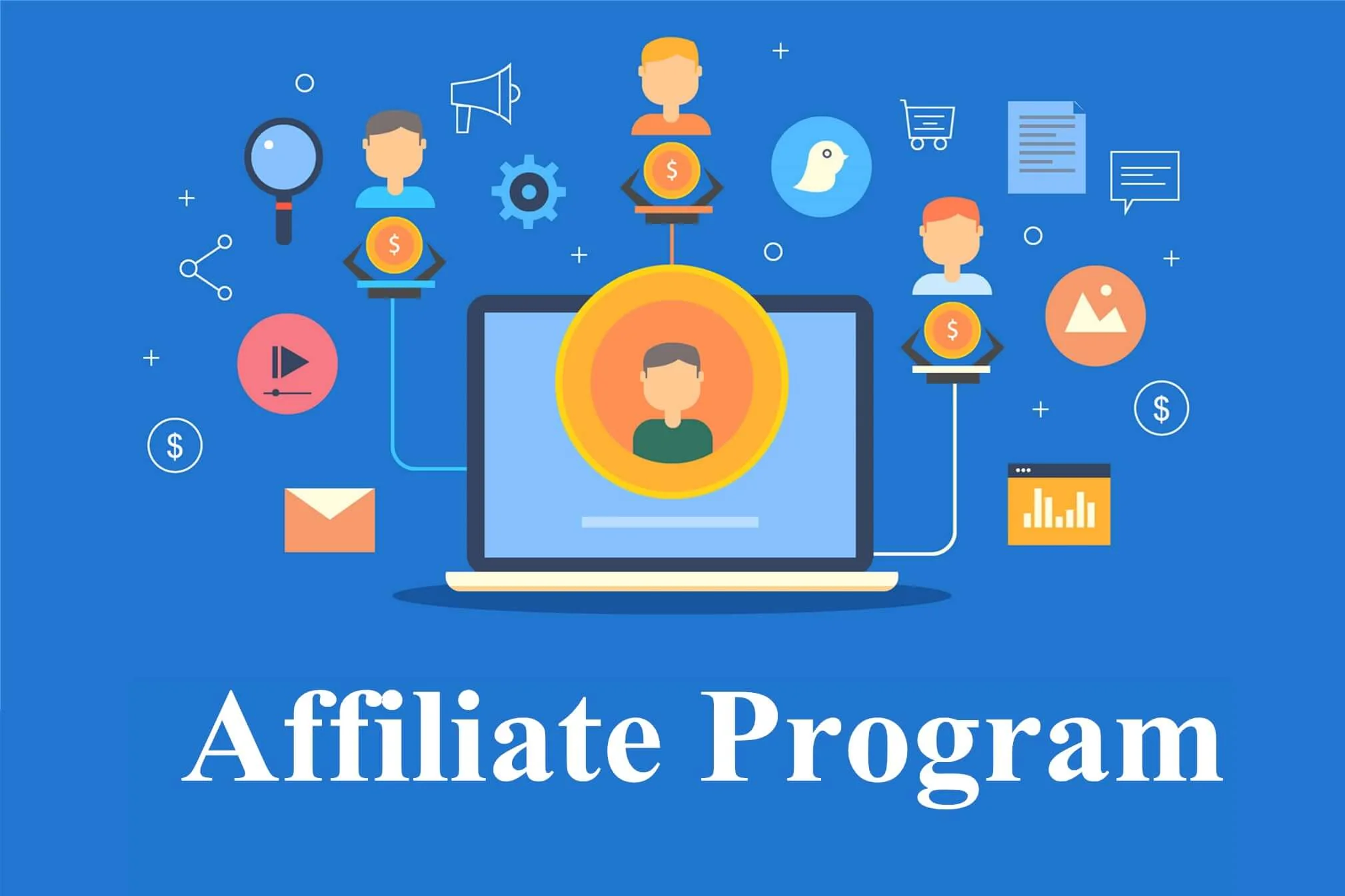In the digital age, the music industry has evolved dramatically, creating new opportunities for artists, labels, and marketers alike. One of the most effective ways to capitalize on this evolution is through music affiliate programs. These programs allow individuals and businesses to earn commissions by promoting music-related products and services. Whether you’re an artist, a blogger, or a music enthusiast, understanding the ins and outs of music affiliate programs can help you maximize your earnings. Here are ten must-know facts about music affiliate programs.
1. What is a Music Affiliate Program?
A music affiliate program is a marketing arrangement where affiliates promote music products or services, such as streaming services, concert tickets, merchandise, or music lessons, in exchange for a commission on sales generated through their referrals. This model benefits both the affiliate and the merchant, creating a win-win situation.
2. Diverse Product Range
Music affiliate programs cover a wide variety of products and services. Affiliates can promote:
- Streaming Services: Programs for platforms like Spotify, Apple Music, or Tidal.
- Concert Tickets: Partnerships with ticket-selling platforms like Ticketmaster or Eventbrite.
- Merchandise: T-shirts, vinyl records, and other artist-related products.
- Music Lessons: Online courses and resources for learning instruments or music production.
This diversity allows affiliates to choose products that align with their audience’s interests, increasing the likelihood of successful conversions.
3. Commission Structures Vary
Different music affiliate programs offer various commission structures. Affiliates may earn a percentage of sales, a flat fee per sale, or recurring commissions for subscription-based services. Understanding the commission structure is crucial for affiliates to evaluate which programs are most profitable.
- Percentage of Sales: Commonly used by many programs, where affiliates earn a set percentage of each sale made through their referral link.
- Flat Fees: Some programs offer a fixed amount for each sale, making it easier to predict earnings.
- Recurring Commissions: For subscription services, affiliates may earn monthly commissions as long as the referred customer remains subscribed.
4. Easy to Join
Joining a music affiliate program is typically straightforward. Most programs require affiliates to sign up online, providing basic information such as their website or social media profiles. Once approved, affiliates receive unique referral links to start promoting products.
- No Fees: Many music affiliate programs do not charge any sign-up fees, making it accessible for anyone interested in earning commissions.
5. Marketing Materials Provided
To help affiliates succeed, music affiliate programs often provide various marketing materials. These can include banners, product images, promotional copy, and even email templates. Utilizing these resources can save time and enhance promotional efforts.
- Customizable Content: Affiliates can often tailor the marketing materials to fit their brand voice, ensuring consistency across their platforms.
6. Performance Tracking
Most music affiliate programs offer performance tracking tools that allow affiliates to monitor their clicks, conversions, and commissions. This transparency helps affiliates understand what is working and where improvements can be made.
- Analytics Dashboard: Affiliates can access real-time data to evaluate their performance and adjust their strategies accordingly.
7. Build Credibility and Trust
Promoting music products and services that you genuinely believe in can enhance your credibility with your audience. When affiliates recommend quality products, it builds trust and can lead to higher conversion rates.
- Authenticity Matters: Affiliates should choose programs that align with their personal brand and values to maintain authenticity.
8. Ideal for Music Influencers and Bloggers
Music affiliate programs are particularly beneficial for influencers and bloggers in the music niche. Those with established audiences in music can leverage their influence to promote products effectively, earning commissions along the way.
- Engaged Audience: Influencers often have loyal followers who trust their recommendations, making them effective promoters for music-related products.
9. Opportunities for Passive Income
Once affiliates set up their promotional strategies, they can potentially earn passive income. By creating content that drives traffic to their affiliate links, they can continue to earn commissions even when they’re not actively promoting.
- Long-Term Content: Blog posts, videos, or social media posts that remain relevant can drive ongoing traffic and sales over time.
10. Evolving Landscape
As the music industry continues to evolve, so do music affiliate programs. New platforms, technologies, and trends emerge regularly, offering fresh opportunities for affiliates. Staying informed about industry changes and adapting strategies accordingly is essential for long-term success.
- Adapt and Innovate: Affiliates should continuously explore new products and services to promote, keeping their content fresh and engaging.
Conclusion
Music affiliate programs present a fantastic opportunity for individuals and businesses to monetize their passion for music. By understanding the essential facts about these programs—ranging from the diverse product offerings and commission structures to the importance of authenticity—affiliates can effectively navigate the landscape and maximize their earnings. Whether you’re an artist looking to promote your merchandise or a blogger sharing your favorite albums, music affiliate programs can help you turn your passion into profit.

